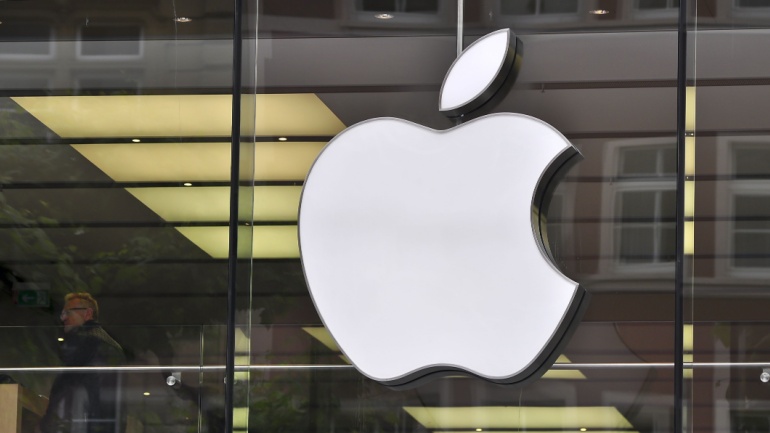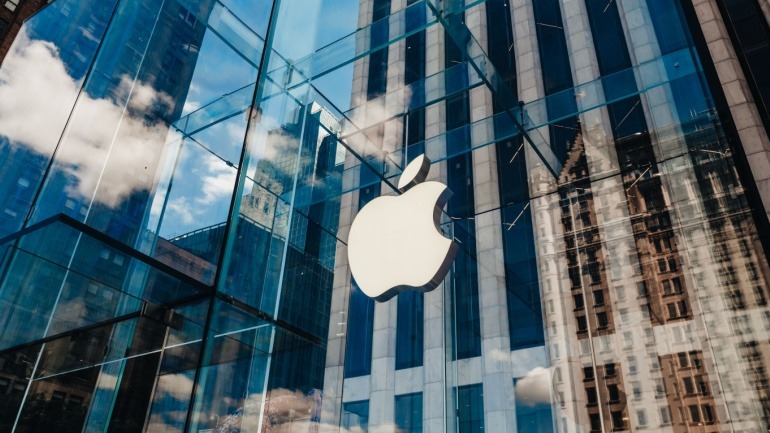In a significant move, the US government has initiated a comprehensive legal battle against Apple Inc., accusing the tech behemoth of monopolistic practices within the smartphone industry that purportedly suppress competition and inflate costs for consumers. The Department of Justice, in collaboration with 16 state and district attorneys general, has filed a civil antitrust lawsuit charging Apple with monopolization or attempts at monopolization of the smartphone market.
According to the lawsuit, Apple is accused of implementing a range of aggressive strategies to limit competition and innovation. These include imposing restrictive contractual obligations on app developers and denying them essential access to iPhone functionalities—actions believed to directly impact consumer expenses. The government’s argument hinges on the allegation that Apple’s practices not only deter third-party applications and services, potentially reducing iPhone dependency but also leverage its dominant market position to extract excessive fees from a broad spectrum of contributors including consumers, developers, and small businesses.
The legal challenge outlines specific areas of concern, such as Apple’s hindrance of super apps that offer broad functionalities, suppression of mobile cloud streaming services, deterioration of cross-platform messaging quality, limitation on third-party smartwatch functionalities, and obstruction of third-party digital wallets. These actions, as per the lawsuit, extend Apple’s control beyond just these domains, affecting web browsers, video communications, and other digital services, thereby harming consumer choice and leading to higher prices.
Responding to these allegations, Apple defended its business model and innovation ethos, stating that the lawsuit fundamentally threatens its identity and the seamless integration of its hardware, software, and services. Apple argued that the legal action misconstrues its efforts to deliver superior technology and user experiences, cautioning against governmental overreach that could stifle its ability to innovate.
The lawsuit is part of a broader crackdown on alleged anticompetitive practices by major US technology companies and follows similar actions in Europe focusing on digital marketplaces. While Apple faces scrutiny, questions arise regarding the broader implications of such legal challenges, particularly the distinction between consumer harm and the competitive struggles of rival firms. Additionally, the case ignites debate over the fairness of targeting Apple for practices also employed by other tech giants, suggesting a complex battle ahead in the pursuit of market fairness and consumer protection.







